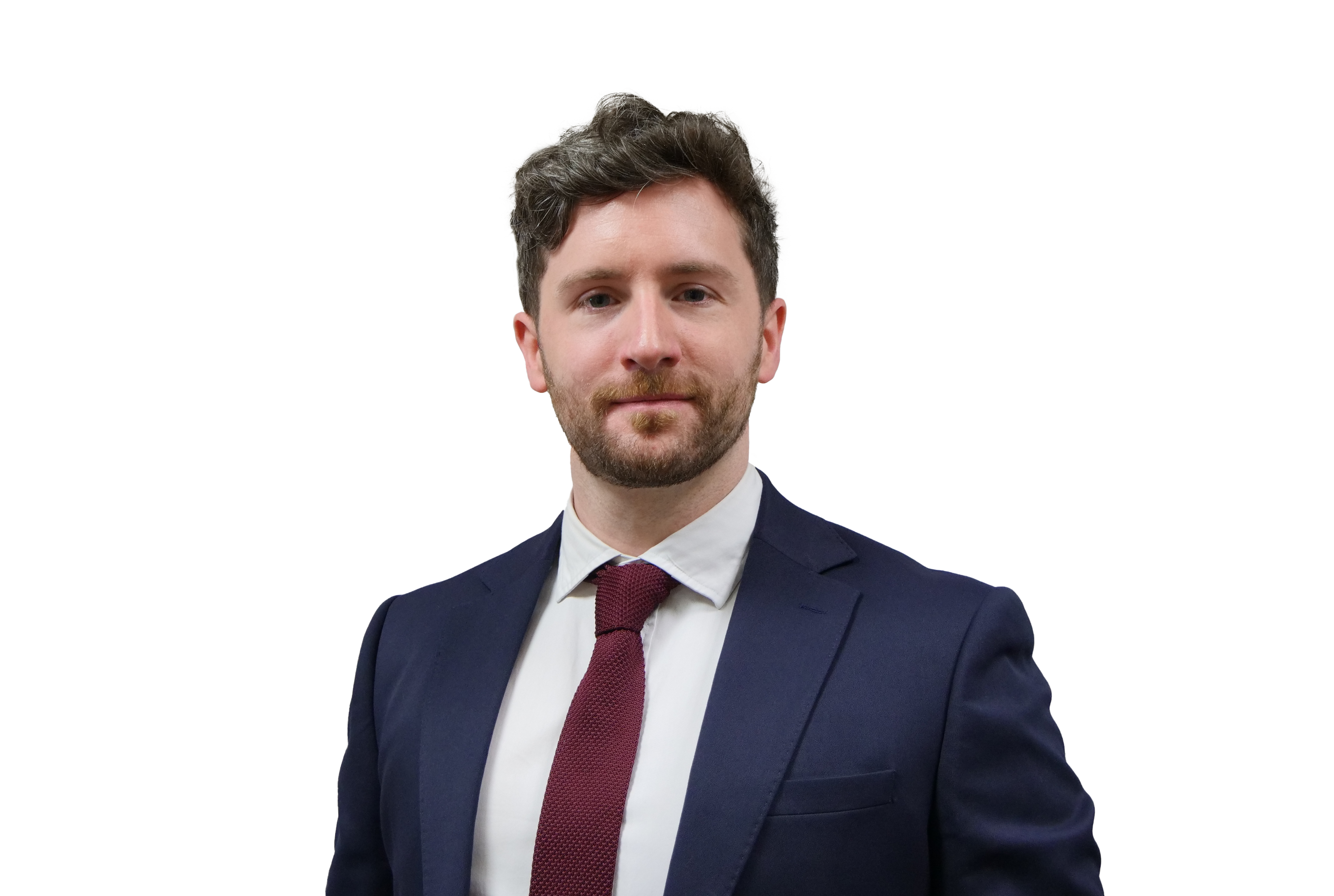How Secure Are Your Assets?
I have not long returned from my latest business trip to South Africa to visit our clients, office and staff. As usual it was extremely busy but also a highly enjoyable visit. My journey home to the Isle of Man was particularly eventful but I will explain a little more about why that was towards the end of this blog.
The challenges of personal safety
Whenever I am in South Africa the subject of security invariably arises. Unfortunately, due to challenges past and present, these often centre on personal safety issues in a country that struggles with its crime rate. My own experience when discussing security issues with South African residents and citizens is that there are polarized opinions on the subject. On the one hand you have the view that says that safety cannot be guaranteed and you are either lucky, or unlucky, depending on your experience. The people who hold that view are either already out of South Africa or are keen to exit at virtually any cost.
On the other hand, there are many people who say South Africa is no different to many other countries in the world or indeed to certain areas of large urban cities, such as London, Paris and New York. As with these places you need to be sensible and take steps to protect yourself and your property. This resonated particularly with me on this trip when a couple I know had their house broken into by thieves for the second time within a couple of months.
What about securing my investment assets?
Reflecting on the situation in South Africa made me think about investments and the security of client’s assets when they invest offshore, often in a place far away from home. What kind of steps do clients and their advisers consider when investing offshore and how can they be confident that they are held securely? We all take steps to secure our own personal property but what are the locks, alarms and other measures we should be putting in place to ensure our investments are as well-protected as our homes? Here are five things I think client and advisers should consider:
Five steps to consider?
- Jurisdiction and regulation: it is important to consider the jurisdiction where the product provider you are working with is located. What is the regulatory regime that it is operating under and does it provide for clear asset segregation so client investments are always held for their benefit? Or if not, what policyholder or depositor compensation regime is in place? Has the jurisdiction had issues with asset security for clients of its licence holders and if so how has it dealt with those issues?
- Security: there has been plenty of column inches of late focused on GDPR and cyber-crime. What policies does your offshore provider operate? What independent testing do they undertake? Do they have separate insurance arrangements to deal with a cyber-crime incident?
- Track Record: while, as an investment professional, I know very well that past performance cannot be relied on to judge the likelihood of future performance, when it comes to keeping assets safe, a positive track record over an extended period of time is more likely to reassure clients that their assets are likely to be held securely. Of course, this is no guarantee and other considerations (such as those in this article) should also be researched, a good track record should certainly be sought.
- Financial Strength: similar to the point above, just because a company is financially strong does not mean it is immune from issues. However, having good profits does make it easier for a company to invest in the latest technology to keep data secure, defend against unwanted malicious or fraudulent intentions and to ultimately keep client assets safe.
- Insurance: my final point is arguably an ‘after the event’ consideration rather than a protective measure. However, clearly it is important to understand what PI cover a company has in place, what limitations it may have as well as when it is well equipped to provide protection. Clearly clients never want to be in a position to have to rely on this but like with their home or contents insurance, they want to know it is in place to cover any doomsday scenario.
Capital International Group approach
We at Capital International Group believe we are located in one of the leading international jurisdictions. In the Isle of Man, local laws require clear asset segregation and where the regulator’s first objective is “securing an appropriate degree of protection for customers”. We have clear, focused security policies and are investing heavily in data excellence and reducing the risk of cyber-crime. The Capital International Group can also point to a track record stretching over 20 years with the financial strength to back our investment policy as well as the insurance arrangements that we have in place to protect ourselves and our clients.
So whatever steps you consider to secure yourself and your property at home and elsewhere, don’t forget to consider the same for your invested assets!
A safe flight home?
So before I end this blog let me tell you about that eventful trip home from Cape Town. After two weeks away I was obviously keen to get home safe to see my wife and children! In a bid to bring a little fun to the long journey back, our CEO, Greg Ellison, challenged me to travel from Cape Town back to Ronaldsway, IOM in our CIG branded cycling kit. Upon reflection, and slightly too quickly, I agreed on the terms that we raised a minimum of £300 for charity! Little did I know how enthusiastically the CIG staff would get behind Greg’s challenge, managing to raise over £620 for Alzheimer’s Research in a matter of hours! So here are a couple of pics from my Lycra-clad journey – fortunately I reached home securely…just a bit hot and sweaty!



Disclaimer: The views, thoughts and opinions expressed within the article / video are those of the author / speaker(s) and not those of any company within the Capital International Group (CIG) and as such are neither given nor endorsed by CIG. Information in this article does not constitute investment advice or an offer or an invitation by or on behalf of any company within the Capital International Group of companies to buy or sell any product or security or to make a bank deposit. Any reference to past performance is not necessarily a guide to the future. The value of investments may go down as well as up and may be adversely affected by currency fluctuations. CIG, its clients and officers may have a position in, or engage in transactions in any of the investments mentioned. Opinions constitute views as at the date of publication and are subject to change.

















